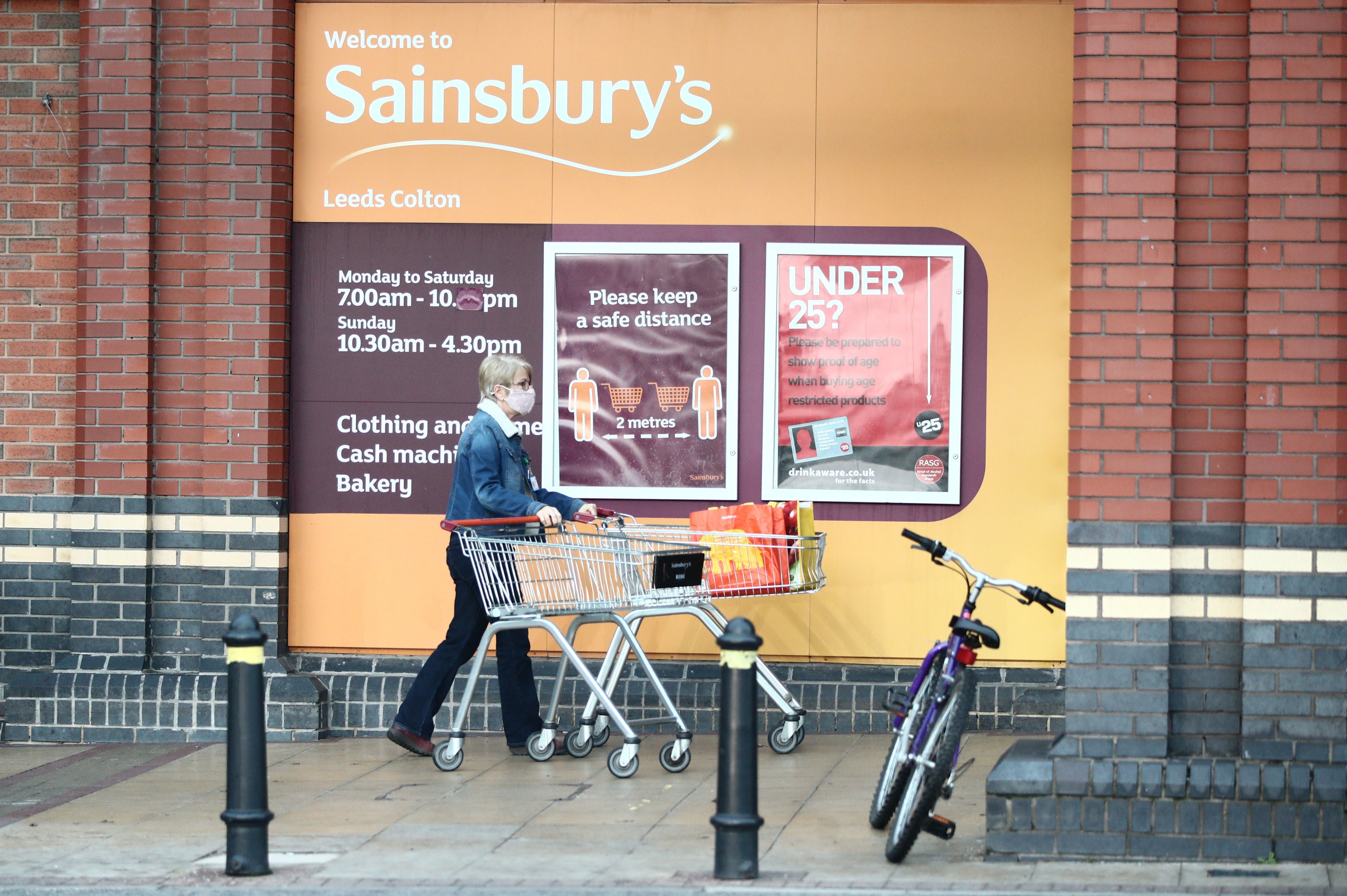Supermarkets most common Covid exposure location in England, data show
Finding comes from NHS Test and Trace app data between 9 and 15 November

Your support helps us to tell the story
From reproductive rights to climate change to Big Tech, The Independent is on the ground when the story is developing. Whether it's investigating the financials of Elon Musk's pro-Trump PAC or producing our latest documentary, 'The A Word', which shines a light on the American women fighting for reproductive rights, we know how important it is to parse out the facts from the messaging.
At such a critical moment in US history, we need reporters on the ground. Your donation allows us to keep sending journalists to speak to both sides of the story.
The Independent is trusted by Americans across the entire political spectrum. And unlike many other quality news outlets, we choose not to lock Americans out of our reporting and analysis with paywalls. We believe quality journalism should be available to everyone, paid for by those who can afford it.
Your support makes all the difference.Supermarkets are the most frequent common exposure setting for Covid-19 in England, new government data have shown.
Public Health England (PHE) released the finding as part of its analysis of the NHS’ Test and Trace app between 9 November and 15 November.
The data showed that 128,808 people had tested positive for the virus over that period. Together, they provided 9,789 common settings that they had visited.
The most frequent location they went to were supermarkets, followed by secondary schools, primary schools and hospitals.
Explaining the data, Isabel Oliver, director of the National Infection Service at PHE, said: “Suggestions that supermarkets are causing COVID-19 to spread are inaccurate. Common exposure data does not prove where people are contracting COVID-19.
“It simply shows where people who have tested positive have been in the days leading up to their test and it is used to help identify possible outbreaks,” she added.
Here are the proportions of all common locations reported in the data:
Supermarket - 18.3%
Secondary school - 12.7%
Primary school - 10.1%
Hospital - 3.6%
Care home - 2.8%
College - 2.4%
Warehouse - 2.2%
Nursery preschool - 1.8%
Pub or bar - 1.6%
Hospitality - 1.5%
University - 1.4%
Manufacture engineering - 1.4%
Household fewer than five - 1.2%
General practice - 1.1%
Gym - 1.1%
Restaurant or cafe - 1.0%
These figures came amid a second national lockdown in England, which it is hoped will stem the spread of the coronavirus.
The tougher restrictions are scheduled to last until at least 2 December, with health secretary Matt Hancock saying earlier this week that it was “too early” to say when the lockdown would lift.
On Tuesday, the daily number of fatalities in the UK rose to almost 600 for the first time since May.
With Christmas just over a month away, Andrew Hayward, professor of infectious disease epidemiology at University College London (UCL) and a member of the Scientific Advisory Group for Emergencies (Sage), warned the public on Thursday about the “substantial risks” of mixing socially over the festive period.
Mr Hayward told BBC Radio 4's Today programme: "Mixing at Christmas does pose substantial risks, particularly in terms of bringing together generations with high incidence of infection with the older generations who currently have much lower levels of infection and are at most risk of dying if they catch Covid.
“My personal view is we're putting far too much emphasis on having a near-normal Christmas.”
The UK has so far recorded 53,274 deaths from the virus and a total of 1,430,341 infections.


Join our commenting forum
Join thought-provoking conversations, follow other Independent readers and see their replies
Comments